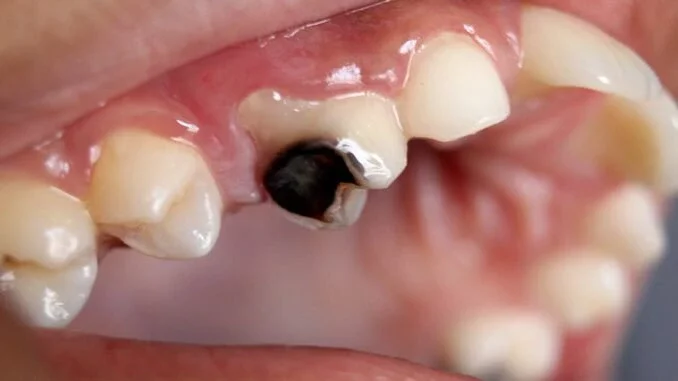According to Healthline, Sleep is a fundamental physiological process crucial for overall health and well-being. During sleep, the brain undergoes essential restorative functions that aid in memory consolidation, emotional regulation, and cognitive performance. However, in today's fast-paced world, many individuals struggle to get enough sleep at night. Chronic sleep deprivation can have significant consequences on brain health and cognitive function. In this comprehensive article, we will explore what may happen to your brain if you don't get enough sleep at night, shedding light on the various impacts of inadequate rest on cognitive abilities and overall brain function.

1. Impaired Cognitive Function:
One of the most immediate effects of sleep deprivation is impaired cognitive function. Memory recall, attention span, decision-making, and problem-solving abilities all suffer when the brain is deprived of sufficient rest. Sleep plays a vital role in consolidating memories and promoting efficient learning processes according to Healthine
2. Reduced Concentration and Alertness:
Lack of sleep can lead to reduced concentration and alertness, making it challenging to focus on tasks, maintain productivity, and stay vigilant. This can be particularly dangerous in situations that require sustained attention, such as driving or operating heavy machinery.
3. Emotional Instability:
Sleep deprivation can lead to emotional instability, causing increased irritability, mood swings, and heightened emotional reactions. This is because sleep plays a crucial role in regulating emotional responses and maintaining emotional equilibrium.
4. Increased Stress and Anxiety:
Insufficient sleep can trigger an increase in stress hormone levels, such as cortisol, leading to heightened feelings of stress and anxiety. Chronic sleep deprivation can exacerbate anxiety disorders and contribute to the development of mood disorders.
5. Risk of Depression:
Research has shown a bidirectional relationship between sleep and mental health. Chronic sleep deprivation can increase the risk of depression, and individuals with depression often experience disrupted sleep patterns.
6. Impaired Problem-Solving and Creativity:
Sleep is essential for problem-solving and creative thinking. Lack of sleep can hinder the brain's ability to connect ideas and find innovative solutions to challenges.
7. Compromised Immune Function:
Adequate sleep is essential for a healthy immune system. Chronic sleep deprivation weakens the body's defense mechanisms, making individuals more susceptible to infections and illnesses.
8. Neurological Changes:
Prolonged sleep deprivation can lead to significant neurological changes in the brain. Studies have shown that lack of sleep can result in altered brain activity patterns, reduced gray matter volume, and impaired connectivity between brain regions.
9. Increased Risk of Neurodegenerative Disorders:
Chronic sleep deprivation has been linked to an increased risk of neurodegenerative disorders such as Alzheimer's and Parkinson's disease. During sleep, the brain clears out toxic waste products that accumulate during waking hours. Insufficient sleep may hinder this process and contribute to the buildup of harmful proteins associated with these diseases.
Getting enough quality sleep at night is crucial for maintaining optimal brain health and cognitive function. Chronic sleep deprivation can lead to a wide range of cognitive and emotional impairments, impacting memory, attention, emotional regulation, and decision-making. It is essential to prioritize sleep hygiene and develop healthy sleep habits to ensure adequate rest for the brain to function optimally. If you consistently struggle with sleep, consult with a healthcare professional to identify any underlying sleep disorders or health conditions and receive appropriate guidance for improving sleep quality and promoting overall brain health. Remember, a well-rested brain is vital for a healthy and fulfilling life.
















Comments